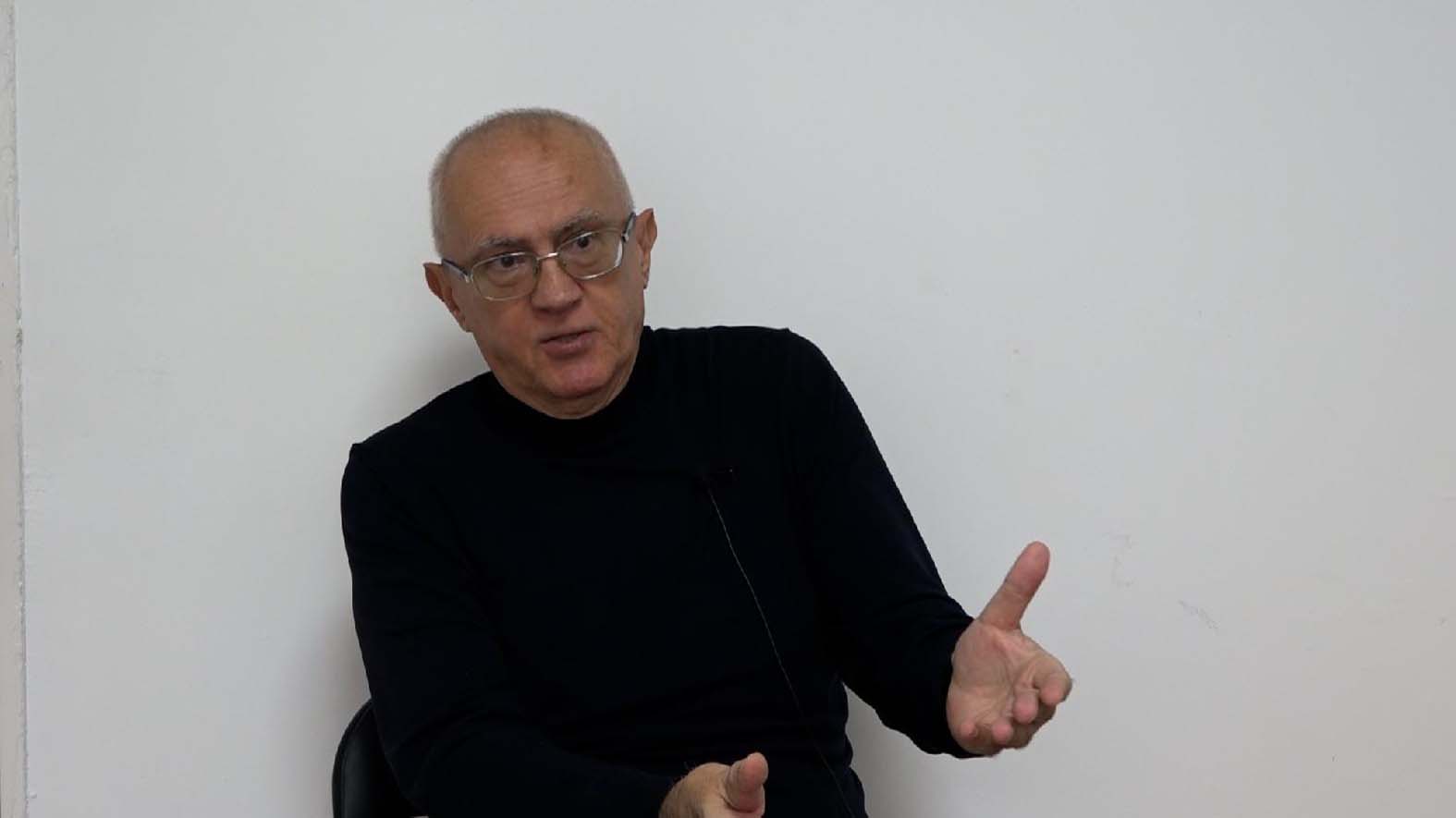Gerhard Pfister is launching a new idea

Gerhard Pfister is launching a new idea: Brussels should say how high the buses are in the event of a no to EU law
If the people reject the assumption of EU law, Brussels can impose sanctions. The new contracts with the EU provide for this. Middle President Gerhard Pfister has a plan on how to defuse this problem in terms of domestic policy.
Central President Gerhard Pfister on political Ash Wednesday in Schüpfheim LU in the parish hall Adler.
The Zurich SVP has its Albisgüetli, the middle of the canton of Lucerne the « political Ash Wednesday in Entlebuch ». A club of the same name, consisting of well -known politicians such as Alt National Councilor Ruedi Lustenberger, has been carrying out the occasion for ten years. On Wednesday afternoon he took place in the parish hall Adler in Schüpfheim. The topic: the further development of bilateral contracts. In December, the Federal Council declared the negotiations for completing, and consultation is to be opened in summer.
Gerhard Pfister is a regular guest on political Ash Wednesday. In his introductory department, the center president praised the negotiating skills of Switzerland in front of around a hundred listeners. Compared to the failed framework agreement, she has made progress in two points: First, under certain conditions, the EU accepts the fact that Swiss constitutional determination has priority. Second, Switzerland does not have to take over EU laws that weakened the wage protection.
Pfister identifies three controversial points: the dispute settlement, the free movement of people and wage protection. The Zug National Council showed through: it expects a no -no -one to be taken if there are no flanking measures in terms of domestic policy.
Pfister then promptly launched a new idea on the subsequent panel discussion under the direction of “Nebelspalter” head of office Dominik Feusi: he has a kind of Brussels bus price sign. What is it about? The EU can impose so-called “compensation measures” if Switzerland does not adopt EU law in an agreement. The assessment of the European Court of Justice is binding for the arbitral tribunal.
In fact, the compensation measures are sanctions for unpleasant decisions of the Swiss Volks. That is difficult to get along with direct democracy. Nobody also knows how the punitive measures would be in practice.
Pfister said this problem could be solved. If it is up to the middle president, the EU should say in advance of a vote how high the buses would be with a no of the sovereign. The question remains open whether the EU would have to be obtained for such a procedure.
Entrepreneur wants to reduce immigration
For Marco Sieber, too, the dynamic takeover is a sticking point. It is the main problem that one does not know what laws Switzerland will have to take over in the future, said the entrepreneur from the canton of Lucerne. Sieber is committed to the “Compass” initiative, which is intended to ensure that the new contracts are being submitted. He advocated reducing immigration by a third or even half; In the past three years, the migration balance has been almost 88,000 people on average.

They debated in Schüpfheim on political Ash Wednesday about Switzerland-EU: Middle National Councilor Gerhard Pfister, Daniel Lampart, chief economist of the Swiss Union Confederation, moderator and «Nebelspalter» federal manager Dominik Feusi and entrepreneur Marco Sieber, member of the compass initiative (from left).
Which would have reached the protective clause and free movement of people. Gerhard Pfister's recipe is as follows: The Federal Council develops a direct counter-proposal to the SVP's 10 million Switzerland initiative: Switzerland should be able to brake immigration if it is above average in certain industries and cantons.
And the wage protection? It is softened by the agreement. The Swiss Trade Union Confederation wants to compensate for this with domestic policy measures. Chief economist Daniel Lampart: « We cannot afford to come under pressure. » Pfister, on the other hand, warned of too many concessions to the unions – the liberal labor market is at stake.








